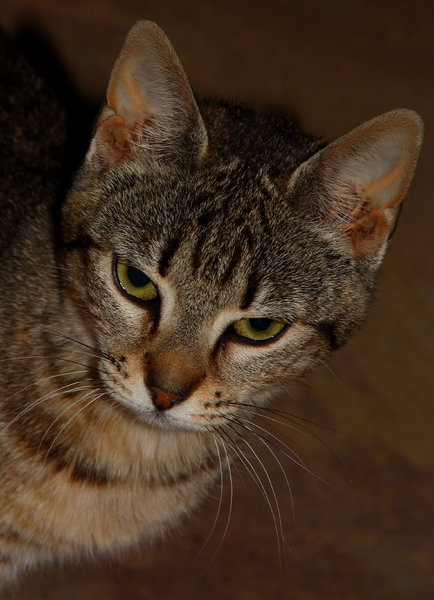Protecting Your Health: Tips for Minimizing Threats from the Litter Box
Protecting Your Health: Tips for Minimizing Threats from the Litter Box
Blog Article

Feline owners are no complete strangers to the everyday chore of digging their furry buddy's litter box. It's a regular task that's typically neglected, yet vital for preserving a tidy and healthy environment for both cats and their human companions. Nevertheless, what numerous family pet owners may not recognize is that there are surprise health risks connected with the litter box that can pose risks to both human beings and cats alike. From breathing problems to parasitic infections, the litter box can harbor a variety of threats that require cautious attention and management.
Among the most typical health risks connected with the litter box is breathing concerns. Cat litter, especially clay-based varieties, can include fine dust particles that end up being air-borne when disturbed during scooping or when cats dig in the litter. These dust particles can be breathed in by both felines and human beings, resulting in breathing irritation and exacerbating conditions such as asthma or allergies. Sometimes, extended direct exposure to litter dust can even trigger more severe respiratory problems in both cats and their owners.
To lessen breathing threats, it's vital to choose low-dust or dust-free litter choices and to scoop the litter box in a well-ventilated location. Using a dust mask while cleaning up the litter box can likewise assist lower exposure to airborne particles, particularly for people with respiratory sensitivities.
Another significant health danger connected with the litter box is the capacity for parasitic infections, especially from Toxoplasma gondii, a common parasite found in cat feces. While most healthy people might not experience signs if contaminated, pregnant females and people with weakened body immune systems are at greater risk of establishing extreme issues, consisting of abnormality and neurological conditions.
To decrease the threat of parasitic infections, pregnant females must prevent cleaning the litter box completely and delegate this task to another home member. Furthermore, all individuals should practice good health practices, including washing hands thoroughly after cat litter robot handling the litter box or entering into contact with feline feces, to reduce the risk of transmission.
Many industrial cat litters contain chemicals and ingredients that can position health risks to both felines and humans. For example, some fragrant litters might include scents or vital oils that can irritate delicate breathing systems or set off allergies. Additionally, clumping litters typically include sodium bentonite, a clay product that can broaden when ingested, leading to intestinal obstructions if consumed by felines.
To lessen chemical exposure, select odorless or naturally-scented litters made from naturally degradable materials such as paper, wood, or plant-based options. These environmentally friendly options are not just safer for your feline's health but also much better for the environment.
The litter box environment provides a perfect breeding ground for germs, consisting of potentially damaging pathogens such as E. coli and Salmonella. These bacteria can infect the litter box and surrounding areas, increasing the risk of infection for both felines and humans. Felines can contract bacterial infections through direct contact with infected litter or by EcoFriendly Litter Boxes ingesting fecal matter throughout grooming, while humans can end up being contaminated through contact with contaminated surfaces or poorly washed hands.
To lower the danger of bacterial contamination, it's necessary to clean up the litter box regularly utilizing hot water and moderate detergent, along with to sanitize the surrounding location to prevent the spread of germs. Additionally, practicing great hand hygiene, including cleaning hands completely after handling the litter box or entering into contact with cat litter box self cleaning cat feces, can assist minimize the danger of bacterial transmission.
While the litter box might seem like an ordinary element of cat ownership, it's vital to recognize the possible health risks connected with this seemingly innocuous component. From respiratory problems to parasitic infections and bacterial contamination, the litter box can harbor a range of risks that require mindful attention and management. By taking proactive measures to lessen direct exposure to these threats, feline owners can create a more secure and healthier environment for both their feline companions and themselves.